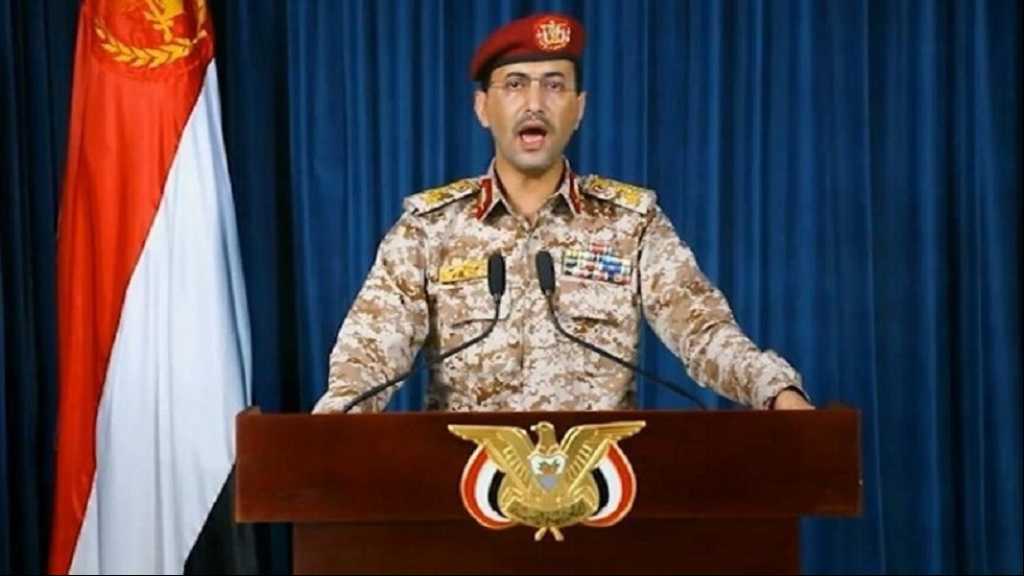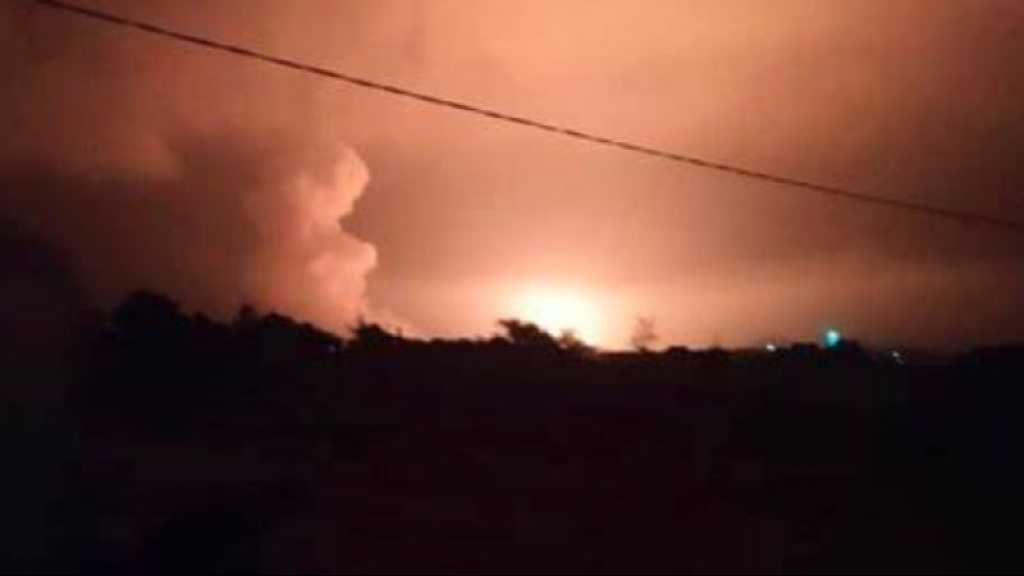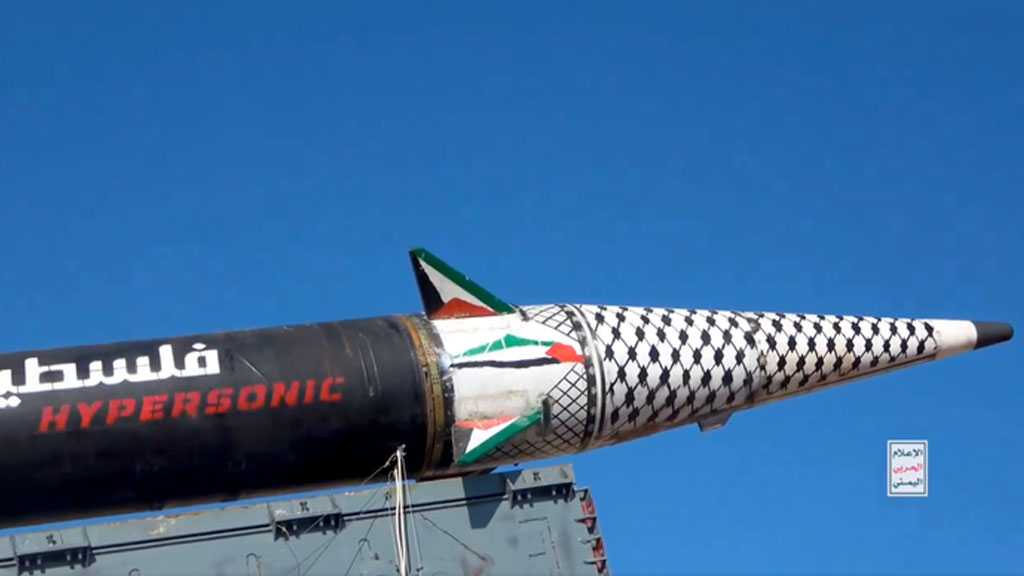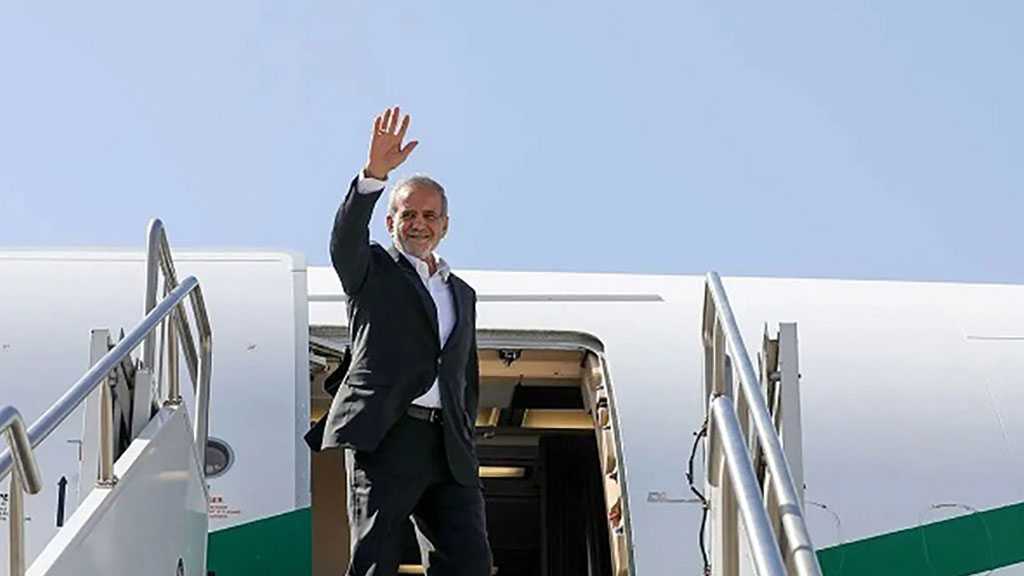From Enghelab Square: ‘It is What Made Us a Sovereign State’
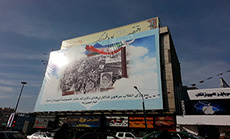
Elham Hashemi
Throughout the streets in Tehran, it is evident to the eye that the Islamic Revolution victory anniversary is approaching. With slogans, flags, banners and photos of Imam Khomeini filling the streets, the Iranians pour into the streets on 22 Bahman 1393/ 11 February 2015 to rally in remembrance of the day the Pahlavi regime was toppled.
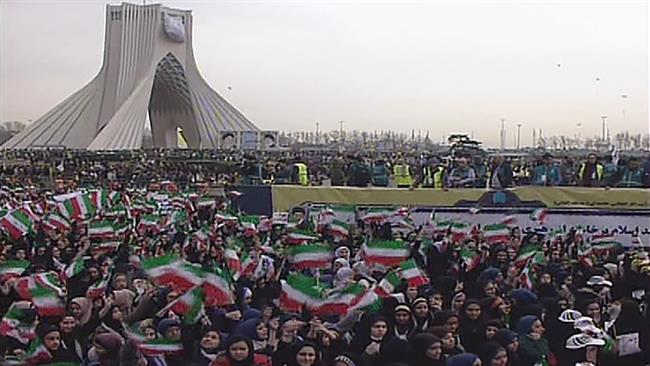
Also, marking the 36th anniversary of the revolution, Iran uncovers major accomplishments, be it economic, military or else.
For instance, The Islamic Republic of Iran will inaugurate the largest floating oil terminal of the world the coming week. The 2.2-million-barrel floating oil storage unit (FSU), dubbed 'The Persian Gulf', is 337 meters long, 60 meters wide and 33 meters high. It weighs over 51400 tons.
Two 16-inch pipelines, each 7 kilometers long, will carry the crude oil produced in the offshore Soroush and Nowruz oil field to the floating terminal. The launch of the large FSU will significantly increase Iran's crude storage.
Also, Iran has successfully placed into orbit the domestically-made National Fajr Satellite; a satellite capable of staying in the space for a year and a half, and providing and transmitting high-quality pictures to stations on earth. It's the new generation of Omid satellite, designed and built by Iranian experts.
Apparently young and old in Iran know by heart the major events of the revolution, and understand why Iran has been put under pressure after that juncture. University of Tehran; with the main campus at the prominent Square of Enghelab, is a vibrant place where youth, many of whom have not lived the days of the revolution but celebrate and appreciate it. Many students, despite their political affiliation, appreciate that the Islamic revolution was the starting point and the basis behind the status of the country, which went from a US ally and lackey to a regional and international player.
In the streets of Enghelab square, [Enghelab stands for Revolution in Persian; where the square was named so post the revolution] students and intellects pilgrim to buy books, with the streets of the square encompassing the major book publishing houses and book stores in Tehran. From there spoke a few on the revolution, whether its important or not, and what effect has it left until this day.
Abedi, an engineer student who lives right at Enghelab square, said he believes the reason why Iran stands in rift with the US and the Europe is because it had built an identity, an independent identity that they not only do not accept but also fear.
"At the time, my father was of the supporters of the revolution, he would tell us stories about the hardships they had to face and deal with under the Shah regime. Also, my dad always recalls that it was a changing phase in Iran's history, but need him not say that; as a young 24 year old, I can see for myself the status of Iran some 35 years ago and its status today despite the sanctions and challenges."
Standing at the door of the metro station was an elderly, a man in his 60s who was waiting to meet a friend there. Mr. Moayyed, with my question drawing a smile on his face said ‘Imam came and with him came the blessings."
He underscored that people inside and outside Iran should understand that the Islamic revolution was a major step towards real democracy, and that the West tries once and again to distort its image through stereotypes and generalization.
"The revolution made people realize the meaning of dignity, that they are a sovereign state and have the right to live their own way, to establish a peoples that does not follow neither the east nor the west. It was not until the revolution that Iran stood on its feet, and still stands despite the sanctions. The sanctions have for sure caused problems and a dire economic situation in some areas, but that is only to pressure the people to yield and agree to be friends and followers of the US again, like it was at the time of Reza [Pahlavi] Shah."
Sepideh, an Iranian-American who returned to Iran a few years after the revolution, said for her part "Iran has proved it was able to learn technology and science from the West, but at the same time it kept its social values and traditions. Who says these two contradict?"
She went on to stress "The Western belief that "modernism" is a complete and unbreakable package but this is far from truth, but eventually it's the game they play; it is either Western modernism or else its corrupt movements that have to be put off."
Zeinab, a designer, who says even though she does not agree completely with the government and its decisions, and has a few reservations, says that no government in this world can attain perfection. But in her opinion, what Imam Khomeini achieved through the unprecedented revolution was that he led the people and worked with them to make Iran a better place rather than exploited them.
"I believe he did something very few can do, he let his greediness and interests aside and thought for once about the rights and needs of the people, about the essence of humans who have the right to live dignified."
According to the 36 year-old lady, Iran would not have achieved a state of independence in almost all domains if it were not for the revolution.
"Where do you see any country other than Iran and the major powers launching satellites, producing nano-technology, and using nuclear energy to develop the country civil needs? Maybe yes, too much pressure from the Western country causes some problems, but that will not break us, it will make us stronger and more persistent."
Source: al-Ahed news

